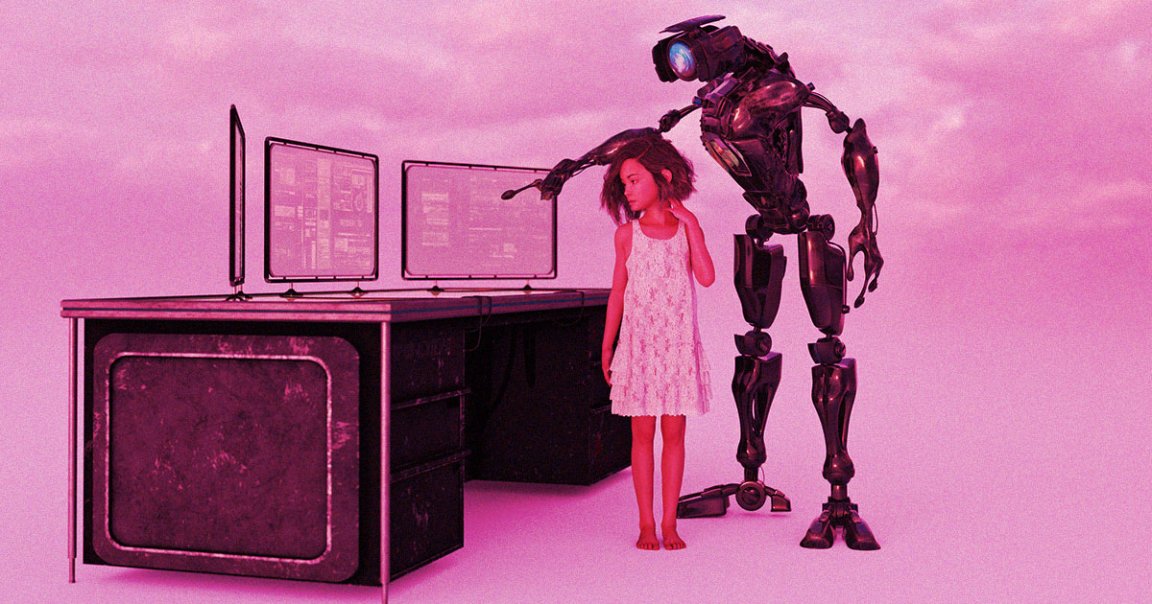
Wrath of Khan
Would you trust OpenAI’s ChatGPT to help teach your kids?
You might be inclined to say “no.” There’s a wealth of evidence out there demonstrating that ChatGPT and other chatbots can frequently get the facts wrong and make plagiarizing all too easy.
But a Silicon Valley private school called Khan Lab School thinks differently. Enter its newly unveiled, AI-powered tutor called “Khanmigo,” quietly created with the help of OpenAI, the Washington Post reports.
“I’m still pretty new, so I sometimes make mistakes,” Khanmigo told a student in a pop-up window, according to the newspaper. “If you catch me making a mistake… press the thumbs down.”
Student Input
Many chatbots, especially those that augment search engines like Bing, are meant to come up with answers. The goal with Khanmigo is instead to lead kids to answers, more of “a thoughtful tutor that’s actually going to move you forward in your work,” Salman Khan, the founder of Khan Academy and its off-shoot Khan Lab School, told WaPo.
Julia Doscher, a teacher at the school, said she expected her elementary students to ask Khanmigo more “silly” questions when it was unveiled. She was pleasantly surprised to find that many of them were quite serious and focused on math.
Though Doscher cautioned that it could slow students down if they relied on asking it questions too often, the upside of that same coin is that the students asked Khanmigo more questions than what they might have out loud. That could prove either invaluable or a crutch to students too shy or too embarrassed to ask for further help.
It’s early days, though, and clearly Khanmigo has some ironing out to do, per the precocious students using it.
“It gives more detailed description than I would have run through in my head or write on paper, which can be helpful, or it can be annoying,” opined Neil Siginatchu, an eight-year-old boy. “Because if it’s too detailed… it’s a lot to read and if I don’t need it, it’s just excessive.”
Safety First
That’s all well and good, but the ultimate barrier to getting Khanmigo accepted by parents and educators is its safety. You probably don’t want an AI telling an impressionable child that doing drugs is awesome, nevermind spouting hate speech.
Khan says his team spent thousands of hours putting in stronger guardrails than ChatGPT’s, allowing educators to monitor the input of students using it as well as flagging swear words and other concerning content.
“Parents for the most part are pretty excited about it,” Khan said. “Most people see the power here, they just want reasonable guardrails.”
Still, the jury’s out on whether this will prove to be an optimal way of educating a child to be critical, thoughtful, and curious — or if it will simply end grooming them to be a so-called “prompt engineer.”
More on AI: Lord Help Us After They Hooked ChatGPT Up to a Furby